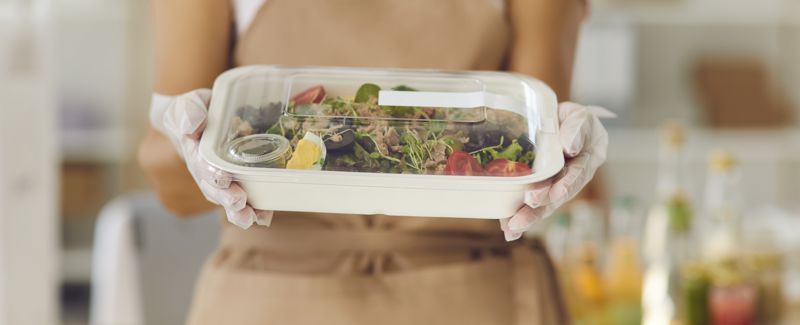 Disposable gloves are an essential part of food safety practises, used by millions daily. However, recent findings raise significant concerns about the contamination risks associated with these gloves. New, unused gloves can harbour hazardous chemicals and pathogens, potentially contaminating food and posing health risks.
Disposable gloves are an essential part of food safety practises, used by millions daily. However, recent findings raise significant concerns about the contamination risks associated with these gloves. New, unused gloves can harbour hazardous chemicals and pathogens, potentially contaminating food and posing health risks.
There is a lack of stringent regulation and quality control in glove manufacturing. Contaminants such as per and polyfluoroalkyl substances (PFAS), phthalates, and bisphenol A (BPA), as well as pathogens like Listeria and Staphylococcus aureus, were found in gloves from various brands.
These findings underscore the need for rigorous testing and validation of gloves before their use in food environments. Incorporating stricter safety measures in Hazard Analysis Critical Control Point (HACCP) and Food Safety Modernisation Act (FSMA) programmes is crucial to prevent contamination.
The COVID-19 pandemic has further exposed the vulnerabilities in the glove supply chain, highlighting the need for improved safety standards. Enhanced regulatory requirements for food-grade gloves and establishing appropriate bioburden standards are essential steps towards ensuring food safety.
While disposable gloves are vital for maintaining hygiene in food handling, it is imperative to address the contamination risks they pose. By implementing stricter quality controls and safety measures, we can protect both consumers and food industry workers from potential health hazards. For more information on food safety, contact a project manager at [email protected].
Leave a Reply
You must be logged in to post a comment.